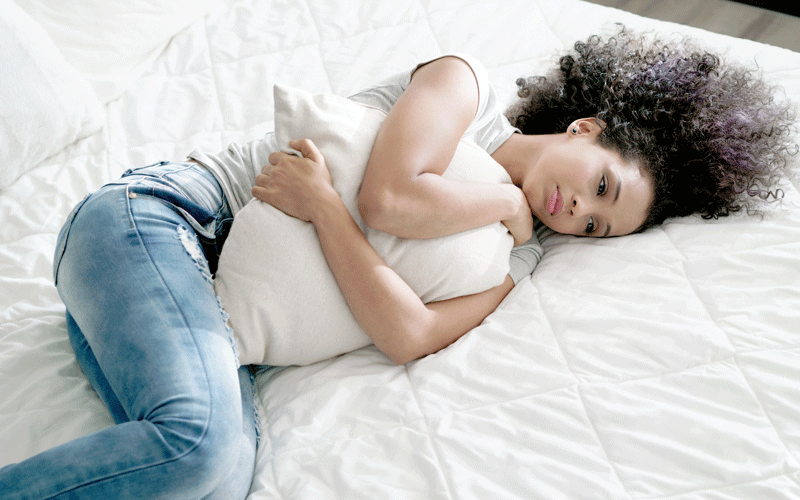Ten aggressions women contend with in an unequal society

The tendency by one gender to look at the other as inferior has worsened through the ages, antagonising relations. NJAMBI WANJIKU looks at some of the ways in which the perpetual war of the genders has affected the fairer sex
Sexist language
Every day, we hear words thrown around that make women invisible, objectify them or use their gender as an insult.
When people talk about ‘mankind’, they are expressing an implicit belief that men are the most important part of humankind.
When they use ‘castrated’ as a metaphor for losing power, they are saying that women are weak.
When they use the pronoun ‘he’ about someone in a stereotypically male profession of unknown gender, they are discounting the women in that profession and when they use phrases such as ‘suck it’ as threats, they are making light of sexual violence.
Sexual harassment
Sexual harassment serves to remind women that their bodies are not truly considered their own. Society allows men to evaluate women and express their opinions at the expense of women’s comfort.
Sexual harassment also teaches women that they are not as safe to go about their business as men are, leading them to constantly beware of their environment.
Victim blaming
When women are sexually assaulted or harassed, they are often told they must have done something to cause it. Time and again they are accused of either dressing inappropriately or drinking too much.
Usually, people find it hard to acknowledge that sexual assault could happen to anyone and that no matter what a victim is doing or not doing, a rapist is still responsible for their deeds.
Tone policing
When women behave assertively, particularly at the workplace, they are labelled aggressive or pushy, while men behaving the same way are viewed as competent.
Objectification
From a tender age, many women are taught their worth lies in their looks and if they do not have the body, face or skin colour considered ‘attractive’, they are worthless.
Images of women’s bodies literally separated from their faces or made into household objects is a constant reminder that providing sexual pleasure is all they are good for.
Sadly, women are also sometimes ‘taught’ that their power comes from their ability to give or deny sex and that they need to deny it in order to preserve their value.
Mansplaining
Women are subjected to so much belittling speech that the phenomenon has a name—mansplaining. It simply means explaining something to a woman that she already knows.
Mansplainers remind women that their knowledge and expertise is of less value than men’s, even when they happen to know more than they do.
Sizeism
Overweight people of all genders are shamed for their size, but women in particular are taught by advertisements, magazine articles and those around them that they need to try the latest fad diet or wear flattering clothes and exercise regularly to keep their bodies in ‘perfect’ shape. Who owns their bodies?
Mum bashing
Mothers are shamed for making pretty much any decision they could possibly make as mothers from breastfeeding to not breastfeeding or for working to not working.
Women also get judged for not being mothers. Many are quick to remind them about how their biological clocks are ticking, as if a childless woman is incomplete. It is a lose-lose situation, whether women choose to become parents or not.
Period shaming
A process that most women deal with every month is usually the source of crude jokes, social media censorship and dismissal of emotions.
These derogatory attitudes toward menstruation lead many women to believe they are nothing but filthy human beings.
Stereotypes
Gender stereotypes have become normal and supposedly funny topics of conversation. People are expected to laugh about how women nag their significant others or cannot drive.
Sadly, stereotypes perpetuate beliefs used as evidence for women’s inferiority.















